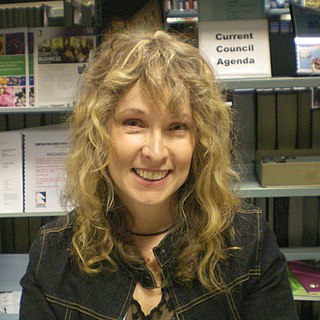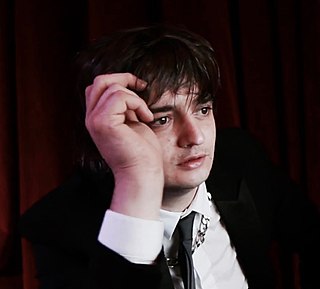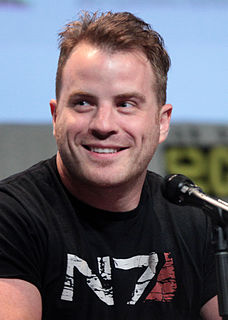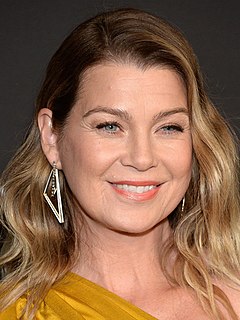A Quote by Ken Liu
Researching real history has taught me to be bolder and more imaginative in building fantasy worlds and writing fantasy characters, to seek out the margins of history and the forgotten tales that illuminate the whole, complex truth of our flawed yet wondrous nature as a species.
Related Quotes
What they teach you as history is mythology and true mythology is far from fantasy -- it is our true history. A bulk of our real history can be found in Egyptian and Greek mythology. Yes, myths reveal to us worlds of other dimensions that make up our true reality. History books teach us that the minds of the past operated on the same frequency, dimension, or level of consciousness as we do now. Not true at all.
Real history is far more complex and interesting than the simplistic summaries presented in Wikipedia articles. Knowing this allows you to question received wisdom, to challenge 'facts' 'everybody' knows to be true, and to imagine worlds and characters worthy of our rich historical heritage and our complex selves.
When we work with history, to a very great degree we are all guessing. But by using motifs of time and history in a fantasy setting, we are acknowledging that this educated guesswork, invention, fantasy underlie our treatment of the past and its peoples - and we are not claiming a right to do with them as we will.
I've always really loved big worlds and the kind of worldbuilding where you can open a portal into a new realm that feels full and complete. At the same time, I also really love history. So the combination of big worlds and history draws me directly into fantasy. Well, it should turn me towards historical fiction but I'm such a perfectionist about research that I'm not sure I could ever write a book in that genre properly. In fantasy, you have to have the same level of precision, but it's not as research-based. Plus, I get to write my little info sheets and draw my maps.
I don't really deal with the attention I receive to be honest. I build up a fantasy world around me that I inhabit. I cherry pick elements of literature, music, film, history and art, then weave them together to construct a fantasy reality to live in. It doesn't always work out though, I got evicted from my own fantasy once, which was quite embarrassing.
A lot of people feel like urban fantasy is a shortcut that gets you around world-building, because it's set "in the real world." But it doesn't really work that way, as I found out. You have to come up with just as consistent an internal cosmology and magic system as you would if you were writing high fantasy.
I define science fiction as the art of the possible. Fantasy is the art of the impossible. Science fiction, again, is the history of ideas, and they're always ideas that work themselves out and become real and happen in the world. And fantasy comes along and says, 'We're going to break all the laws of physics.' ... Most people don't realize it, but the series of films which have made more money than any other series of films in the history of the universe is the James Bond series. They're all science fiction, too - romantic, adventurous, frivolous, fantastic science fiction!
It is easy to imagine fantasy as physical and myth as real. We do it almost every moment. We do this as we dream, as we think, and as we cope with the world about us. But these worlds of fantasy that we form into the solid things around us are the source of our discontent. They inspire our search to find ourselves.
If you are going to write, say, fantasy - stop reading fantasy. You've already read too much. Read other things; read westerns, read history, read anything that seems interesting, because if you only read fantasy and then you start to write fantasy, all you're going to do is recycle the same old stuff and move it around a bit.
While the whole 'God Butcher Saga' had elements of fantasy, sci-fi and horror all mixed together, 'The Accursed' is very much high-fantasy. Right out of the gate, we've got elves, talk of fantastic worlds, strange creatures, Malekith riding a flying tiger, as well as more dwarves, giants, trolls and elves than you can possibly count.




































